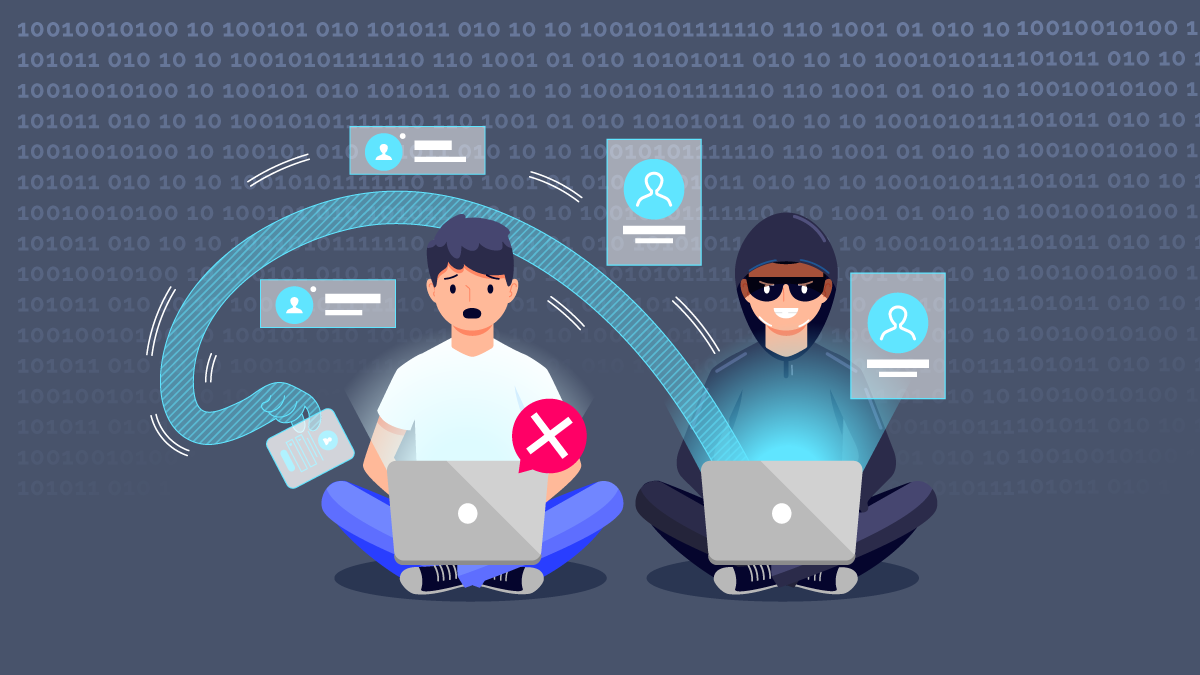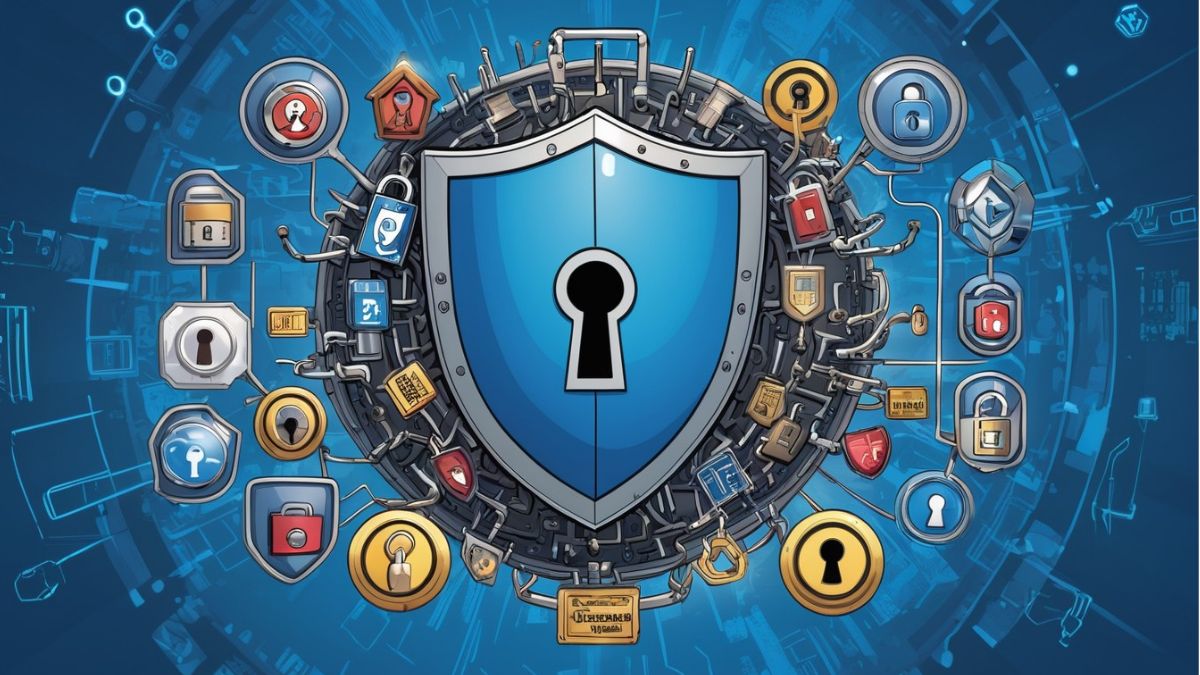
There’s a common misconception that malicious software’s (malware’s) sole purpose is to slow down devices, like computers and smartphones. Unfortunately, this is just the tip of the digital iceberg.
Hackers use certain types of malware, like spyware or keyloggers, to access your personal information or data.
Some common examples of this information include:
- Personal information (name, birthdate, address, etc.)
- Financial information (credit card numbers, banking info, etc.)
- Online activity
Once a cyber-attacker has access to this information, there is no way of getting it back. This is why it’s so important to download a high-quality antivirus program.
When you install an antivirus program, you’re essentially locking the front door to your computer. In turn, this prevents malware from infecting your device and compromising your data.
Modern antivirus software can also help identify suspicious coding or files on your device, allowing you to address issues before they arise and keep your data safe.
However, back to the topic at hand — what exactly do hackers do with your data after stealing it? There are two primary things that hackers will do: sell the data to third parties or use it for identity theft.
Selling Your Data to Third Parties
One of the most common things that cyber-attackers will do with stolen data is sell it to third parties on platforms like the dark web. These third parties aggregate the data into groups and sell it to companies.
“To companies?” you may be asking yourself. Yes, it’s true.
Companies want nothing more than to get their hands on your personal data. Having access to your data gives them the ability to craft personalized ads, which, in theory, have a higher chance of converting into sales.
In most cases, it’s extremely challenging and time-consuming for companies to gather this data independently. That’s why they’ll turn to third parties for illicitly collected data.
Commit Identity Theft
You’ve probably heard of it happening to someone you know: they receive a call from their credit card company asking if they’ve purchased a notably expensive item in a distant state or city. This leads to a lengthy and arduous process, which may or may not result in the person getting their money back.
This is called identity theft, and it’s much more common than you’d think. Thousands of people fall victim to identity theft every year, resulting in millions of dollars’ worth of stolen funds.
You may be wondering how this is possible. Unfortunately, it’s quite a simple process.
As mentioned above, hackers can obtain your financial and personal information by infecting your devices with malware. When you type your personal information into a website or program, the malware logs it and sends it to the cyber-attacker.
The cyber-attacker can then use this information to purchase items online or even worse, take out loans in your name.
Thankfully, there’s a way that you can avoid these serious and preventable issues: downloading premium antivirus software from a reliable source. Doing this is the best way to protect your device from malware and other cyberthreats that can compromise your data.




